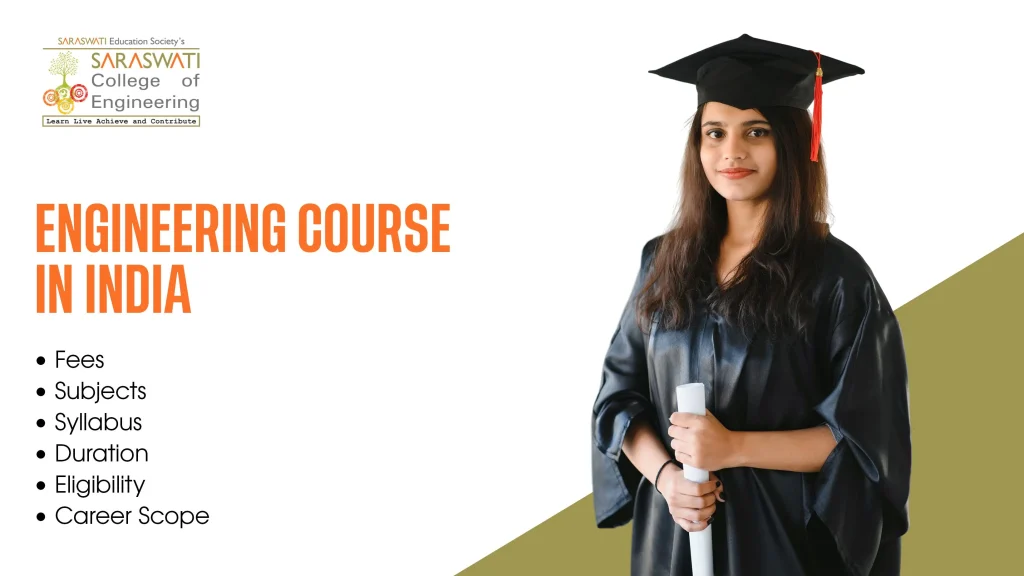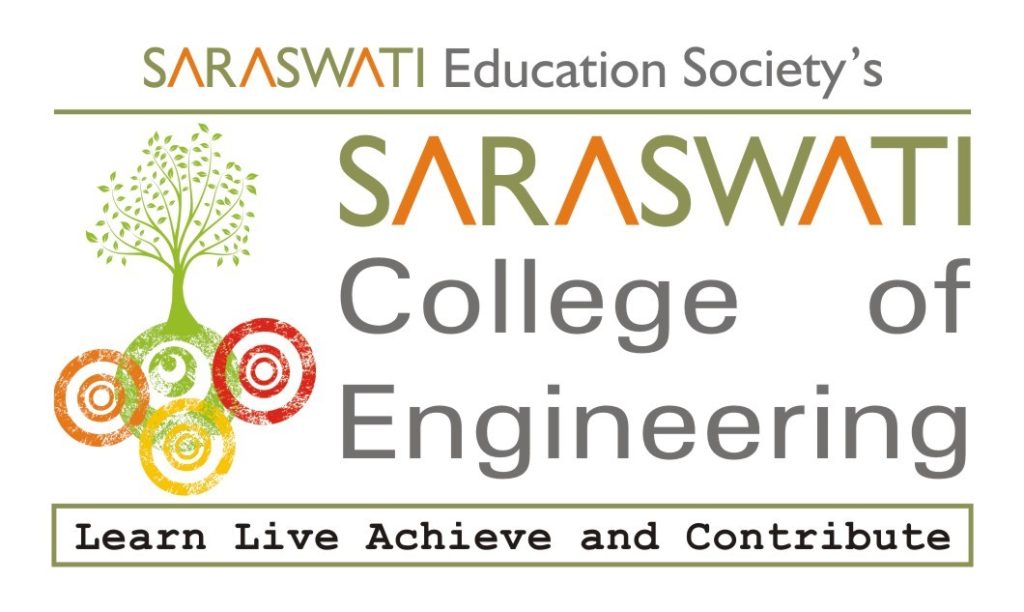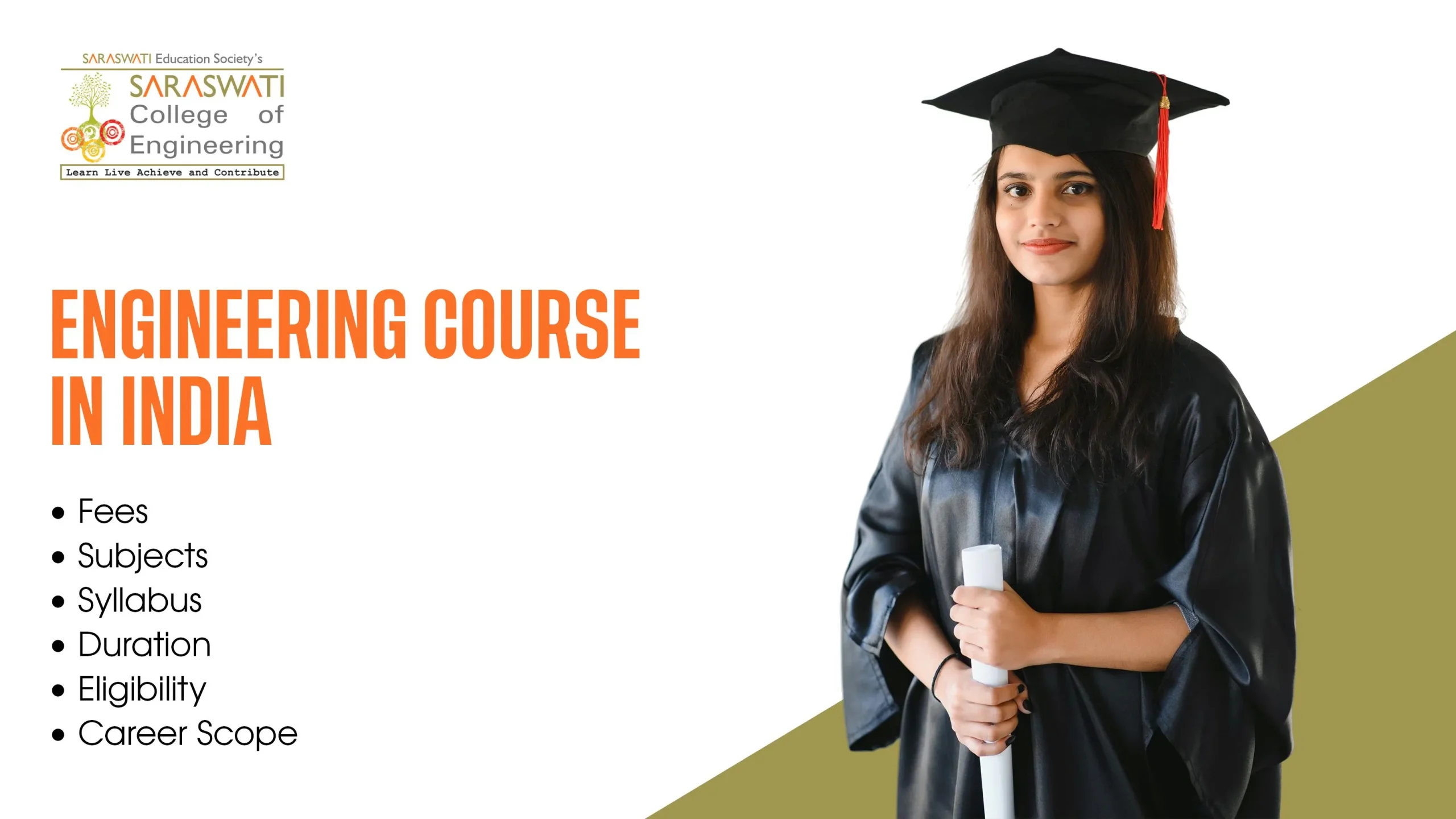Engineering Courses in India: Fees, Eligibility, Duration & Career Scope

Engineering Courses Introduction
Engineering is more than a career—it’s the art of solving problems through innovation, design, and technology. From building futuristic smart cities to developing AI systems, engineering significantly impacts our daily lives. India is home to some of the finest engineering colleges, with courses designed to equip students with technical expertise and problem-solving skills.This blog will explore everything about engineering courses in India, including fees, subjects, syllabus, duration, eligibility, and career scope. Whether you’re deciding on a branch or wondering about future opportunities, this guide has all the answers.What is an Engineering Course?
Engineering courses are structured programs that teach students how to apply mathematics, science, and technology to create innovative solutions. These courses are foundational in developing essential skills like critical thinking, technical expertise, and teamwork.Key Features of Engineering Courses:
- Foundation Year: Core subjects like Mathematics, Physics, and Chemistry.
- Specialization: Branch-specific subjects from the second year onward.
- Hands-On Learning: Labs, projects, and internships for practical experience.
Different Types of Engineering
Engineering spans a wide range of disciplines, broadly divided into core and interdisciplinary fields:Core Disciplines:- Civil Engineering
- Mechanical Engineering
- Electrical Engineering
- Chemical Engineering
- Computer Science and Engineering
- Aerospace Engineering
- Environmental Engineering
- Robotics Engineering
- Biomedical Engineering
- Automobile Engineering
- Mechatronics Engineering
- Electronics and Communication Engineering
- Information Technology
- Data Science and Engineering
- Artificial Intelligence and Machine Learning
Top Engineering Courses in India
Here is a comprehensive table highlighting the top 5 engineering courses based on industry demand, skills gained, career roles, and average salaries:| Course | Key Skills Gained | Career Roles | Industry Demand | Average Salary (INR) |
| Computer Science and Engineering (CSE) | Programming (Python, Java), AI, Cybersecurity, Cloud Computing | Software Developer, Data Scientist, Cloud Architect | Very High | ₹8–15 LPA |
| Artificial Intelligence (AI) & Machine Learning (ML) | Neural Networks, Deep Learning, Predictive Analytics | AI Engineer, Robotics Developer, ML Specialist | Extremely High | ₹12–20 LPA |
| Data Science and Big Data Analytics | Data Visualization, Statistical Analysis, Predictive Modeling | Data Analyst, BI Specialist | High | ₹10–18 LPA |
| Mechanical Engineering | CAD/CAM, Robotics, Thermodynamics, Manufacturing Processes | Design Engineer, Maintenance Engineer | Moderate | ₹4–9 LPA |
| Civil Engineering | Structural Design, Environmental Engineering, Project Management | Structural Engineer, Urban Planner | High | ₹4–8 LPA |
Most Demanding Engineering Courses in the Future
The future of engineering is aligned with technology and sustainability. Here’s a look at the most in-demand fields:| Course | Applications | Career Roles | Average Salary (INR) |
| Artificial Intelligence (AI) & ML | AI systems, robotics | Data Scientist, AI Engineer | 12–20 LPA |
| Data Science & Big Data Analytics | Predictive analytics, databases | Data Analyst, BI Expert | 10–15 LPA |
| Cybersecurity | Securing systems, ethical hacking | Security Analyst, Ethical Hacker | 8–12 LPA |
| Renewable Energy Engineering | Solar, wind, and green energy | Energy Consultant | 6–10 LPA |
| Biomedical Engineering | Medical devices, diagnostics | Biomedical Engineer | 5–8 LPA |
Engineering Course Details
FeesEngineering course fees vary widely depending on the type of institution (government or private) and the program level (undergraduate or postgraduate). Below is a detailed comparison:| Institution Type | Undergraduate (B.E./B.Tech) | Postgraduate (M.E./M.Tech) |
| Government Colleges | ₹50,000 – ₹1,00,000 per year | ₹30,000 – ₹75,000 per year |
| Private Colleges | ₹1,50,000 – ₹3,00,000 per year | ₹1,00,000 – ₹2,50,000 per year |
| Public-Private Partnerships | ₹75,000 – ₹2,50,000 per year | ₹50,000 – ₹1,50,000 per year |
- Government Institutions: Offer subsidized fees and are highly competitive in entering.
- Private Institutions: Provide modern infrastructure and specialized programs at a higher cost.
- Mathematics
- Physics
- Chemistry
- Basic Programming (for Computer Science-related fields)
| Branch | Sample Subjects |
| Computer Science | Data Structures, Operating Systems, Artificial Intelligence |
| Mechanical Engineering | Thermodynamics, Machine Design, Robotics |
| Civil Engineering | Structural Analysis, Geotechnical Engineering, Urban Planning |
- Core subjects lay the groundwork, while branch-specific subjects focus on specialization.
Engineering Course Duration
The duration of engineering programs depends on the level and type of course:- Undergraduate (B.E./B.Tech): 4 years.
- Diploma Programs: 3 years (ideal for students seeking early employment or lateral entry into degree programs).
- Postgraduate (M.E./M.Tech): 2 years.
- Integrated Programs (B.Tech + M.Tech): 5 years, combining undergraduate and postgraduate studies.
Engineering Course Eligibility
To enroll in an engineering course, candidates must meet specific educational and entrance requirements:Educational Requirements:- 10+2 or equivalent qualification with Physics, Chemistry, and Mathematics (PCM).
- A minimum of 50–60% aggregate marks (varies by institution).
- National-Level Exams:
- JEE Main (for NITs, IIITs, and other central institutions).
- JEE Advanced (for IITs).
- State-Level Exams:
- MHT-CET (Maharashtra), TANCET (Tamil Nadu), etc.
- Private Institutions: Some universities conduct entrance exams (e.g., VITEEE, SRMJEEE).
Career Scope After Engineering
Engineering opens doors to diverse industries such as IT, construction, manufacturing, healthcare, and renewable energy. Graduates are valued for their technical expertise and problem-solving skills, making them integral to innovation and development in traditional and emerging fields.Key Industries and Roles:- IT & Software: Software Developer, Data Scientist (₹6–20 LPA).
- Construction: Civil Engineer, Urban Planner (₹4–8 LPA).
- Manufacturing & Robotics: Mechanical Engineer, Robotics Specialist (₹4–9 LPA).
- Healthcare: Biomedical Engineer, Medical Device Developer (₹5–8 LPA).
- Renewable Energy: Energy Consultant, Project Engineer (₹6–10 LPA).
How to Become an Engineer After 12th?
Here’s a step-by-step guide:- Choose PCM in 10+2: Focus on Physics, Chemistry, and Mathematics.
- Prepare for Entrance Exams: Appear for JEE Main, JEE Advanced, or state CET exams.
- Apply to Colleges: Research institutions based on rankings, fees, Accreditation, and placements.
- Complete the Course: Gain technical and soft skills during the program.
FAQs on Engineering Courses
- Which is the best engineering course?
- Is engineering a 3-year course?
- What are the 5 main types of engineering?
- Civil Engineering
- Mechanical Engineering
- Electrical Engineering
- Chemical Engineering
- Computer Science and Engineering
- What is the eligibility for engineering courses in India?
- What is the average salary for an engineering graduate in India?
- Computer Science and Data Science: ₹8–20 LPA.
- Civil Engineering: ₹4–8 LPA.
- Mechanical Engineering: ₹4–9 LPA. Top-paying fields include AI/ML, Data Science, and Software Development.




